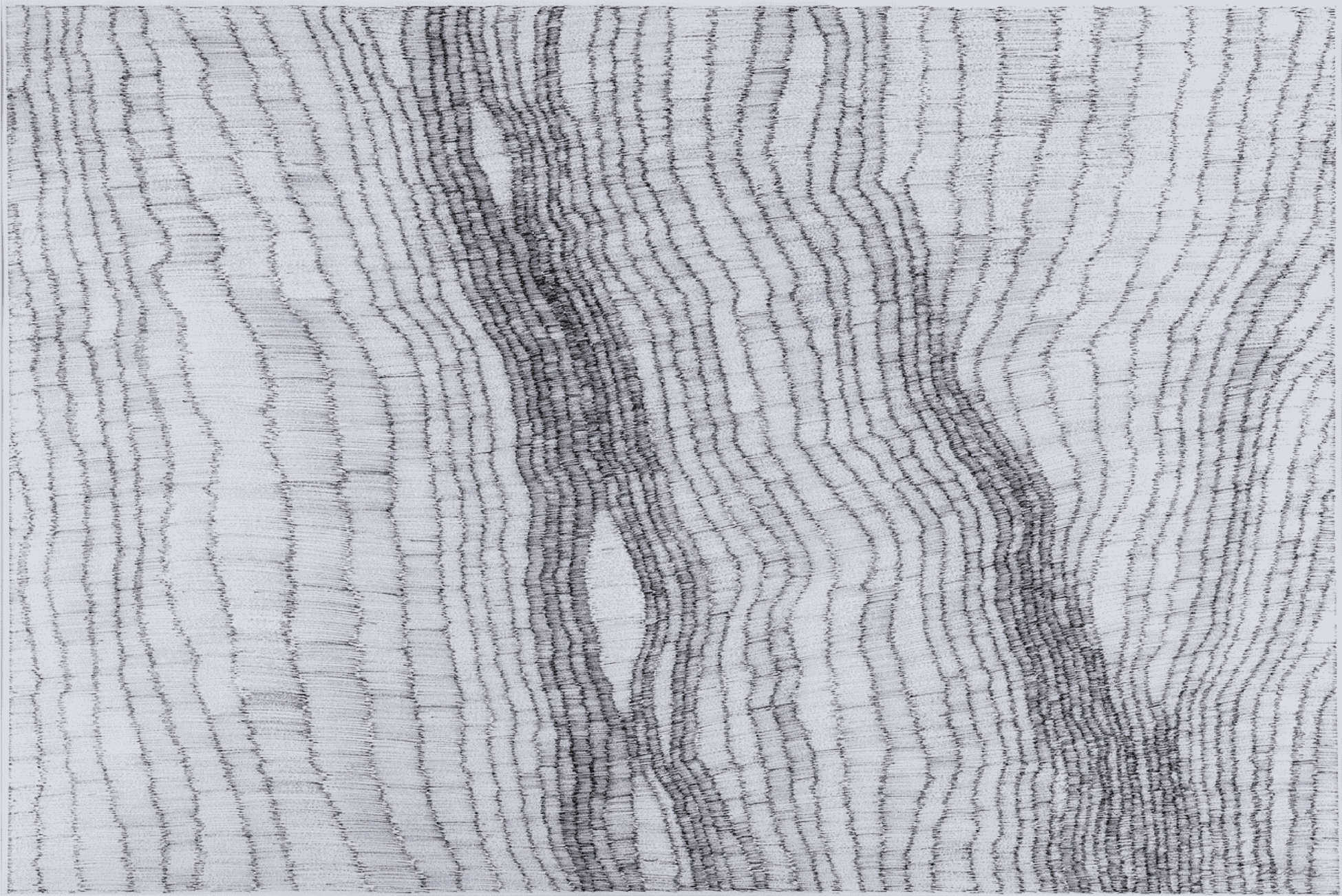Labs Gallery
Insight Sector
Booth IN9

Via Santo Stefano 38
Bologna 40125
Italy
Presentation of the gallery
LABS Contemporary Art has been operating in the Bolognese territory since October 2014. Since its inception, the space was created as a place dedicated to research, with particular attention to the dialogue between historicized art and contemporary art. There is a strong link between the exhibition space and the history of the city. The building, where our gallery is located, dates back to the 13th century, when the hospice of St. Blaise stood in its place, and connected to the hospice building was the Church of St. Mary of Ceriola.
With a desire to promote national and international artists, the gallery today continues its activities through direct work with artists, consolidating long-standing relationships and presenting new personalities from the contemporary scene.
A constant collaboration between private and public entities remains a core pillar of its ethos.
Presentation of the artist in focus
Active since the 1960s, she participated in the 38th Venice Biennale in 1978 and the São Paulo Biennale in Brazil in 1981. Her works can be found in various national and international collections as well as in several museums, including the Galleria Nazionale d’Arte Moderna e Contemporanea in Rome, MART in Rovereto, MAGA in Varese, and the National Museum of Women in the Arts in Washington (USA).
Schödl has spent the last six decades honouring a visual language. Her work incorporates letters and symbols, rhythmically repeated until they become abstract. Geometrical shapes and bold signs are intertwined with words, illuminated with gold leaf and cast on different surfaces: pages of botanical books, maps, papers, leaves, pieces of marble, sheets, which carry memories of past existence. Through the combination of linguistic and visual representation, Schödl erases the original meaning of the words and objects he uses, imbuing them with a new significance. Her work challenges the social constructs of language and suggests alternative forms of expression and interpretation.

